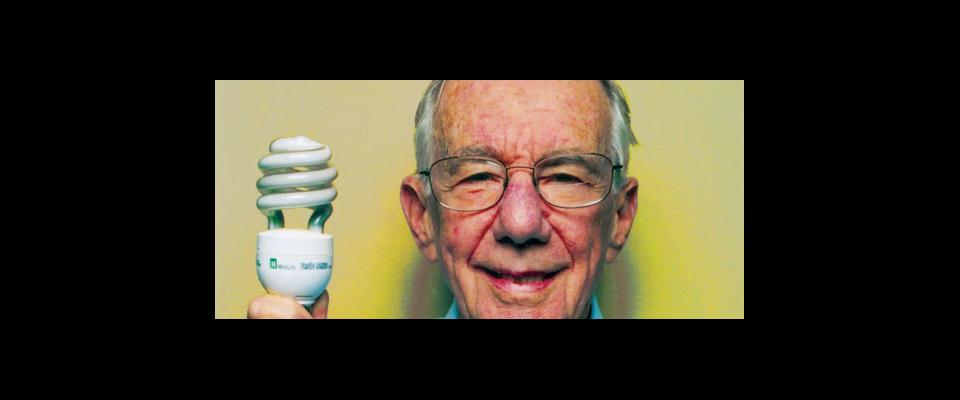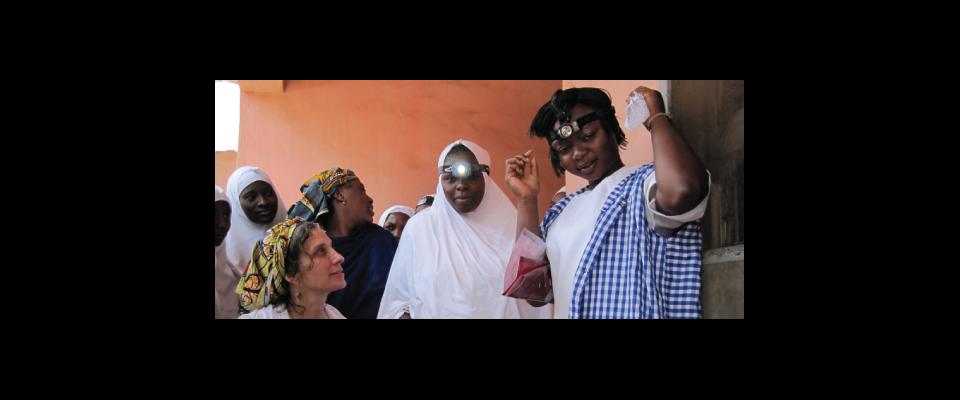A $33 gizmo that plugs into your computer to keep your Coke chilled became the basis of an ingenious little refrigerator that keeps vaccines cold for 12 hours without requiring electricity. As a backup source of power, there’s a hand-crank like the one on an old-fashioned pencil sharpener.
Madhvi Venkatesh, a bioengineering major and an Alumni Scholar, heads the Cal chapter of Engineering World Health (Learn more), a non-governmental organization dedicated to providing and maintaining medical technology in impoverished countries. She said the national organization gave the local members a choice of devices to invent from scratch, and they decided on a vaccine refrigerator. Venkatesh’s group deconstructed a small USB cooler and adapted it to keep fragile medicines cold long enough to vaccinate everyone in a community plagued with unreliable electricity. If the national organization approves the design, large numbers of the vaccine cold-box will be built and put to use in the developing world.
Venkatesh, now a senior, started looking into setting up the local chapter when she was a freshman, and got it up and running the next year. She invited every student in the bioengineering department to join. The first year, 30 members paid dues, and about 15 came regularly to the group’s events. “A lot of people were interested in how they can apply their engineering skills to outreach,” she said.
Cal Corps helped get them going with a $250 grant. “At first, we thought it was just gonna be like, ‘Oh, here’s money—have fun,’" Venkatesh said. But the campus service organization provided a lot more support than she had expected, including regularly scheduled training, a student leaders’ service retreat, and training workshops.
After money was raised, parts ordered, and equipment assembled, the students put the devices together at "build parties.” Venkatesh called them “nerd engineering parties—we have food, we have music, and they’re all holding soldering irons and putting things together.”
“It’s useful and we’re getting stuff done, but at the same time, it’s a pretty social environment,” she said. And students don’t need to go abroad to improve world health, she noted. “You can make a difference without leaving here.”



















